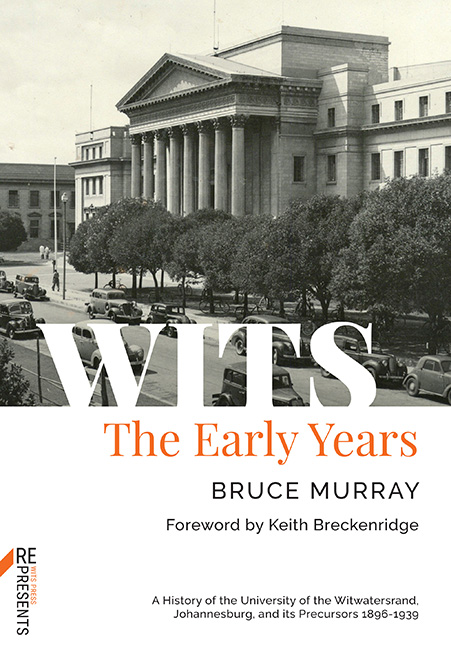1 - False Start: Milner, Beit, and Smuts
Published online by Cambridge University Press: 24 November 2023
Summary
The proposal to establish a university on the Witwatersrand was first made by the new British regime in the Transvaal immediately after the Anglo-Boer War of 1899–1902. Both Lord Milner, the Governor of the Transvaal and Orange River Colony and High Commissioner for southern Africa, and Joseph Chamberlain, the British Colonial Secretary, wanted the establishment of a teaching university on the Rand. In his celebrated speech at the Wanderers Club on 17 January 1903 Chamberlain stated:
If I were to point at this time to what, in my opinion, is the most urgent need of this community, I should say it was the immediate provision of a High School, efficient in every respect; and of a Scientific University specialised according to the needs of the great industries of the community. I can hardly doubt that an appeal to local patriotism to those who have made their fortune here will not be without its effect, and that before long Johannesburg will possess a University, which in its own lines will be superior to anything that now exists in the world.
In 1904 the Transvaal Technical Institute opened in Johannesburg, and two years later the mining magnate, Alfred Beit, left £200 000 in his will for a ‘University of Johannesburg’. But the Beit bequest was never to be used for a university in Johannesburg, and not until 1922 was a university finally established there. In 1906, the year of the Beit bequest, the Transvaal was given responsible government. This proved a fatal set-back to the initial movement to found a university in Johannesburg. Jan Christiaan Smuts, the Colonial Secretary and Minister of Education in General Louis Botha’s Het Volk government, saw to it that, save for the provision of technical education in Johannesburg, Pretoria was preferred as the centre for higher education in the Transvaal. In 1910, on the eve of Union, Pretoria was made the seat of the Transvaal University College, and Johannesburg of the South African School of Mines and Technology.
The opening of the Transvaal Technical Institute in 1904 marks the birth of the institution that was to become the University of the Witwatersrand, Johannesburg, nearly two decades later.
- Type
- Chapter
- Information
- WITSThe Early Years, pp. 3 - 38Publisher: Wits University PressPrint publication year: 2022



